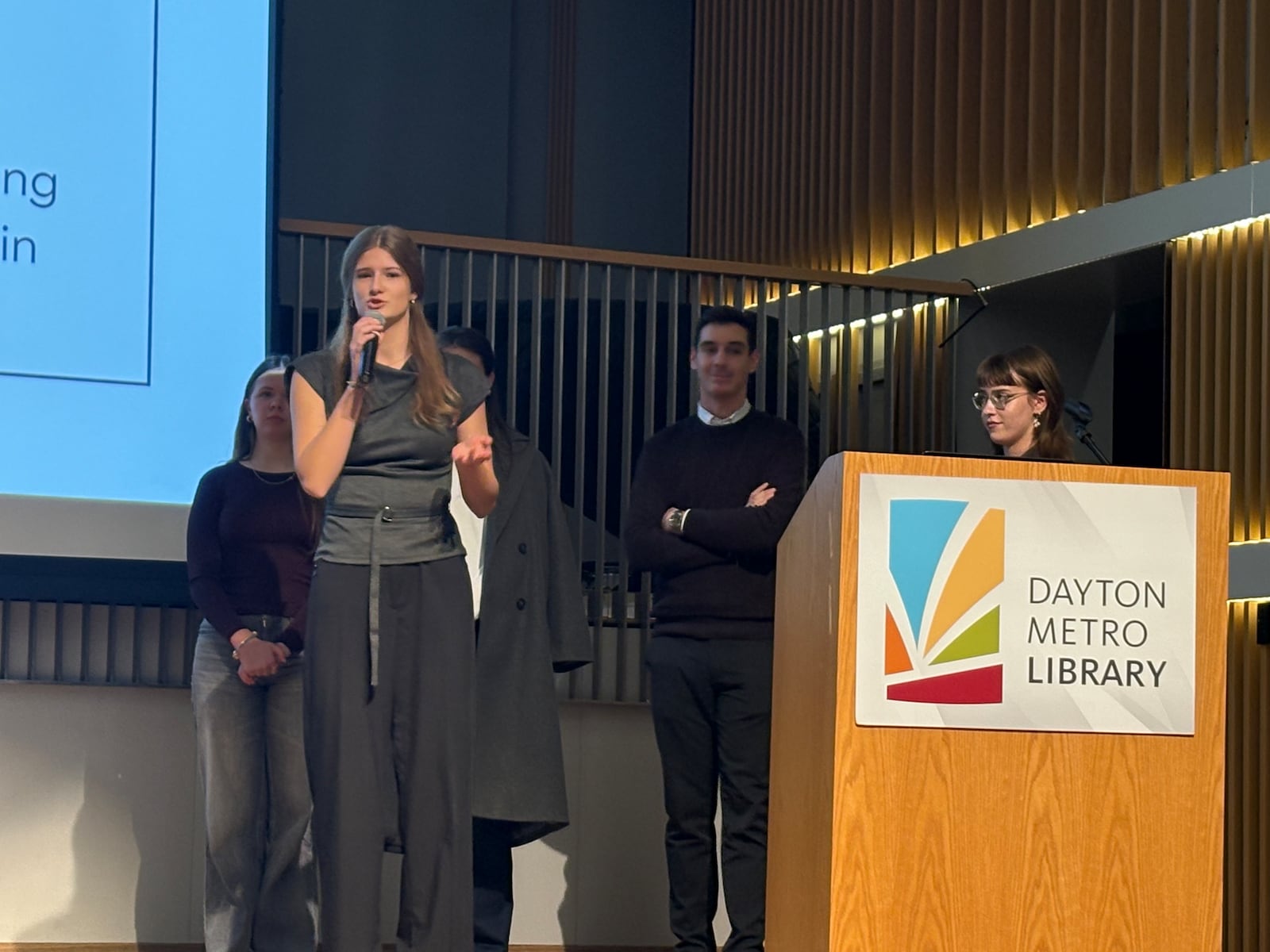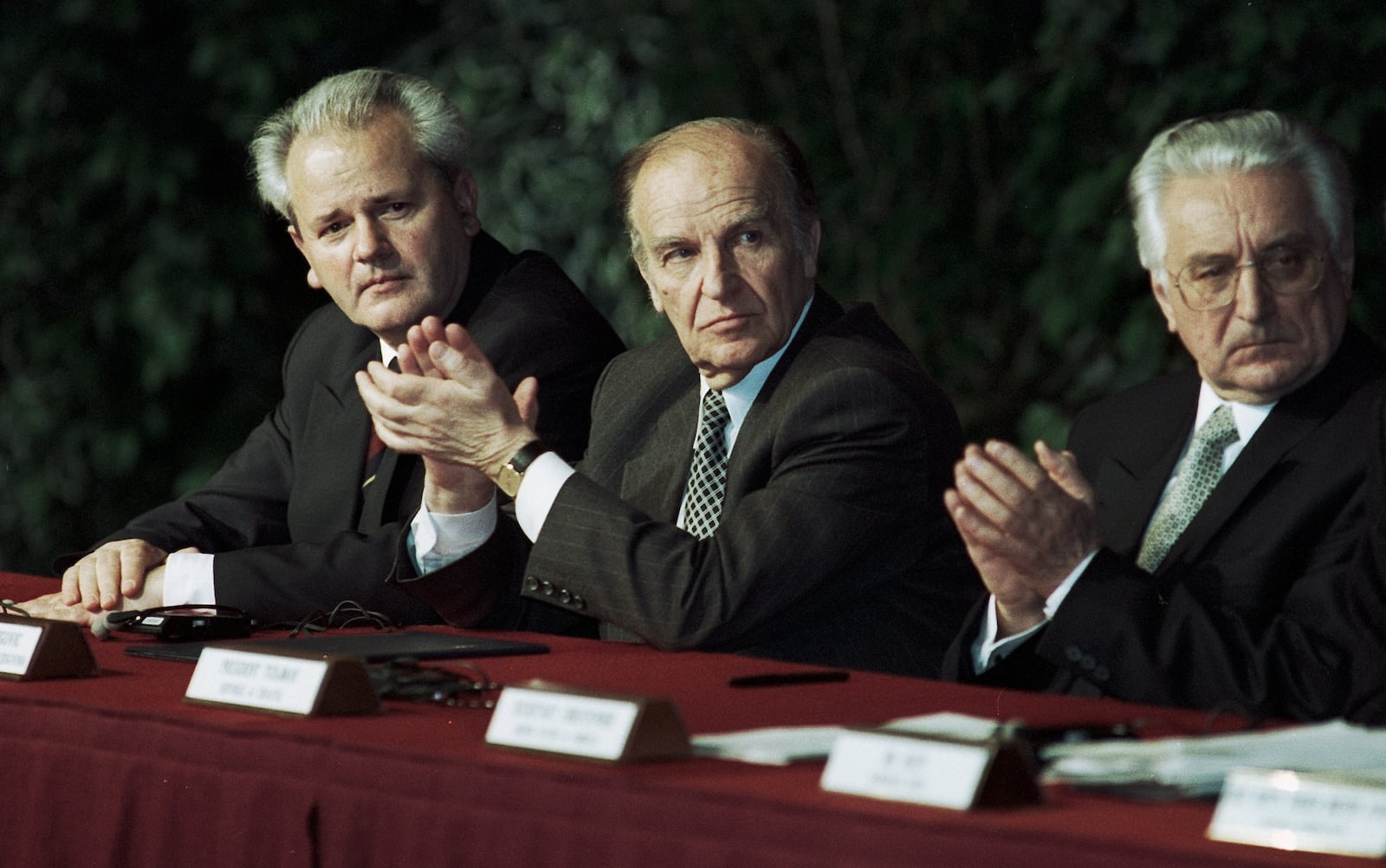In today’s Ideas & Voices, contributors discuss the milestone anniversary and the importance of lasting peace.
We all can be the peacemakers
The glory of peace – and this is something I think we can forget – the glory of peace does not lie in winning. There is no trophy for defeating an enemy when your weapon is empathy. The glory lies in knowing you’ve done the right thing for someone else. That you’ve expanded the circle of human understanding even by a fraction. That you’ve made one reader, somewhere, see the world through different eyes.
We, together, are the peacemakers – writers, readers, and champions for them both. Not because we are perfect, not because we have all the answers, but because we believe in the power of stories to change hearts. Because we understand that every act of reading is an act of faith – faith that someone else’s story matters, that their pain is real, that their joy is worth celebrating.
- Read more from Nicholas Raines, Executive Director of the Dayton Literary Peace Prize Foundation.
Bosnia and Herzegovina students reflect on Dayton trip: ‘I wanted to meet the city which brought peace to my country.’
The Dayton Peace Accords mean everything to my people and me. It is proof. A belief. A guiding light. No matter how bad a situation gets, no matter how many bad things have to happen and no matter how much pain someone has to endure, there is always a bright light shining at the end of the tunnel. But the accords are also a reminder. A reminder to always and forever honor and remember each and every innocent human life we had lost before reaching peace. It keeps us accountable.
- Read more from students Andrej Buhic and Andrea Jozic
How the Dayton Peace Accords photo that ran in Time Magazine in 1995 was taken
The day of the signing, I was one of four DDN photographers among the hundreds of journalists covering the event. With all of us and numerous dignitaries from Dayton and surrounding communities, it was a full house to witness this historic event. I didn’t have the best position on the press platform, so it was difficult to get a clean shot of the initialing dais. (The peace agreement was only initialed in Dayton so the official signing could be done later in Paris.) It was crowded with the presidents of the three Balkan states, diplomats from Great Britain, France and the European Union, U.S. Secretary of State Warren Christopher and Assistant Secretary Richard Holbrook, as well as the various aides handling the documents. The atmosphere was solemn, if not grim.
About the Author




